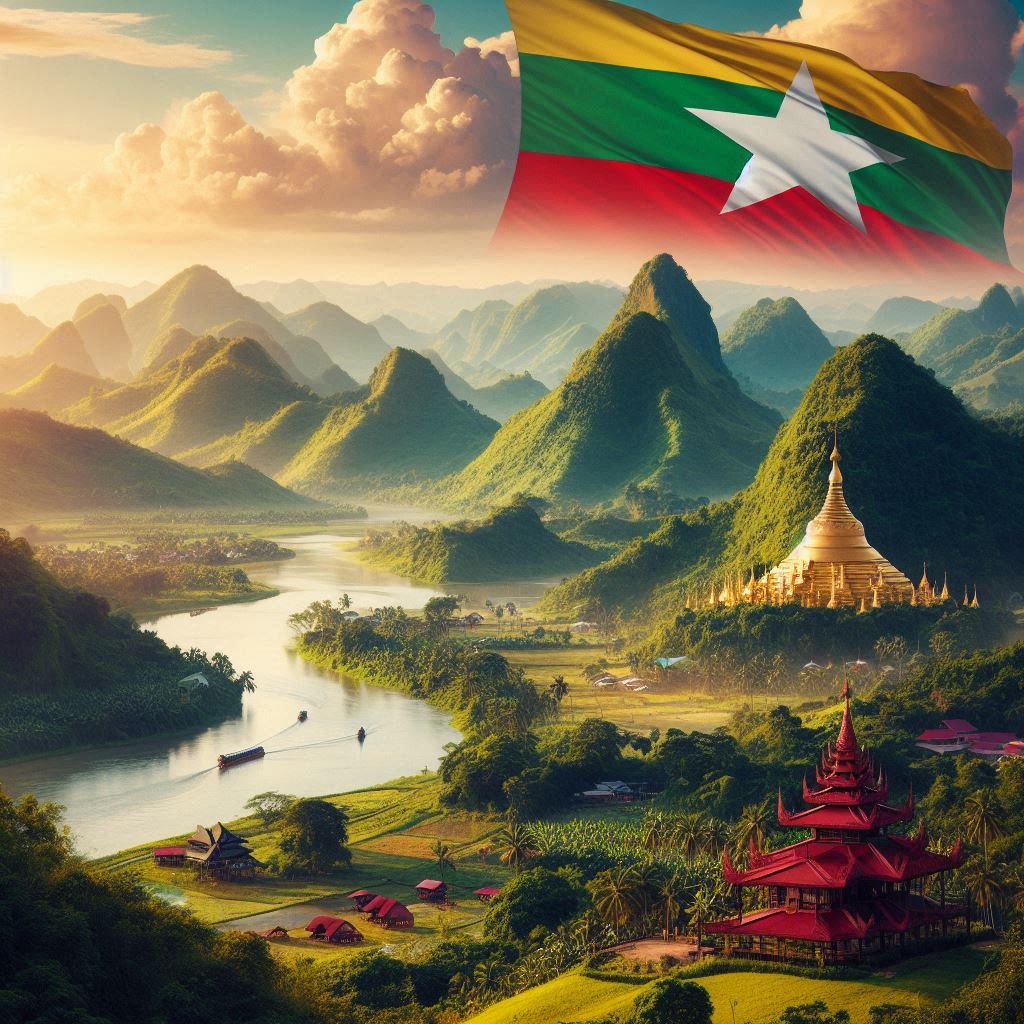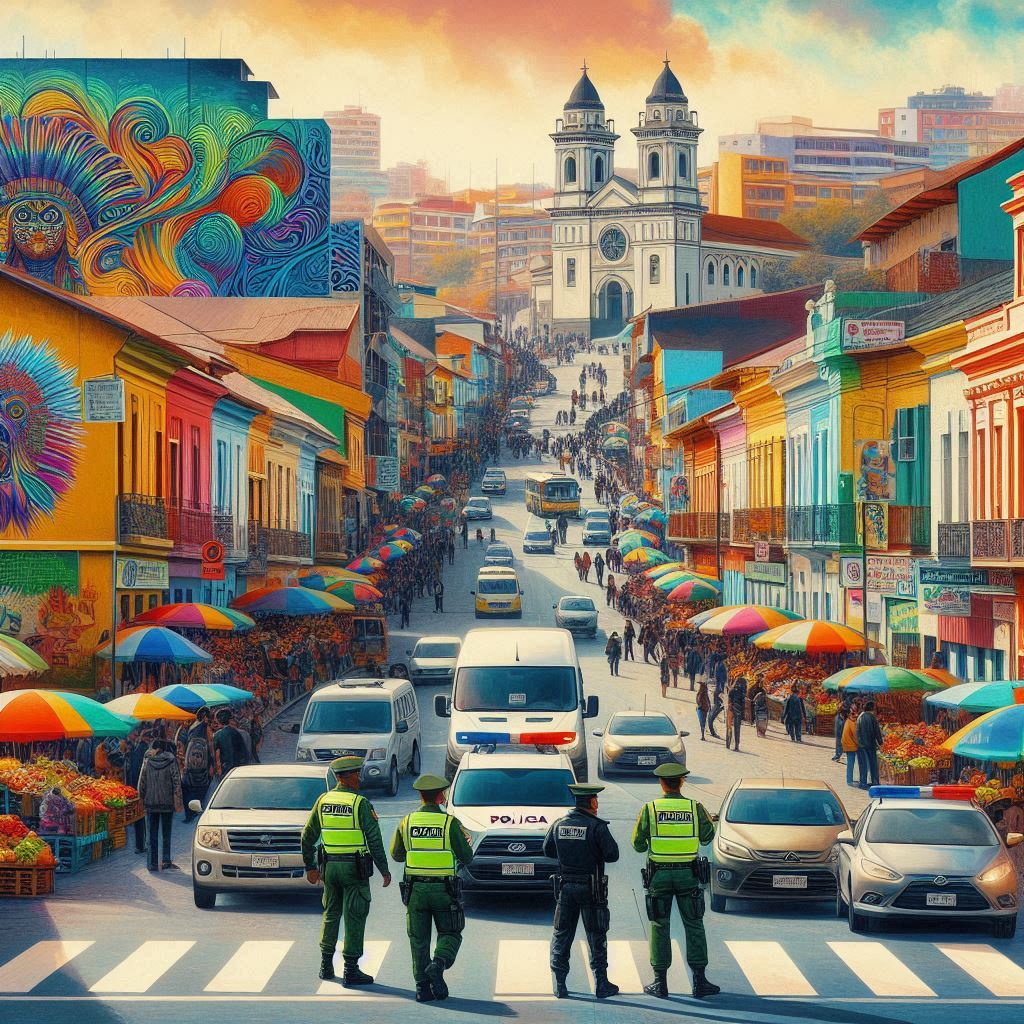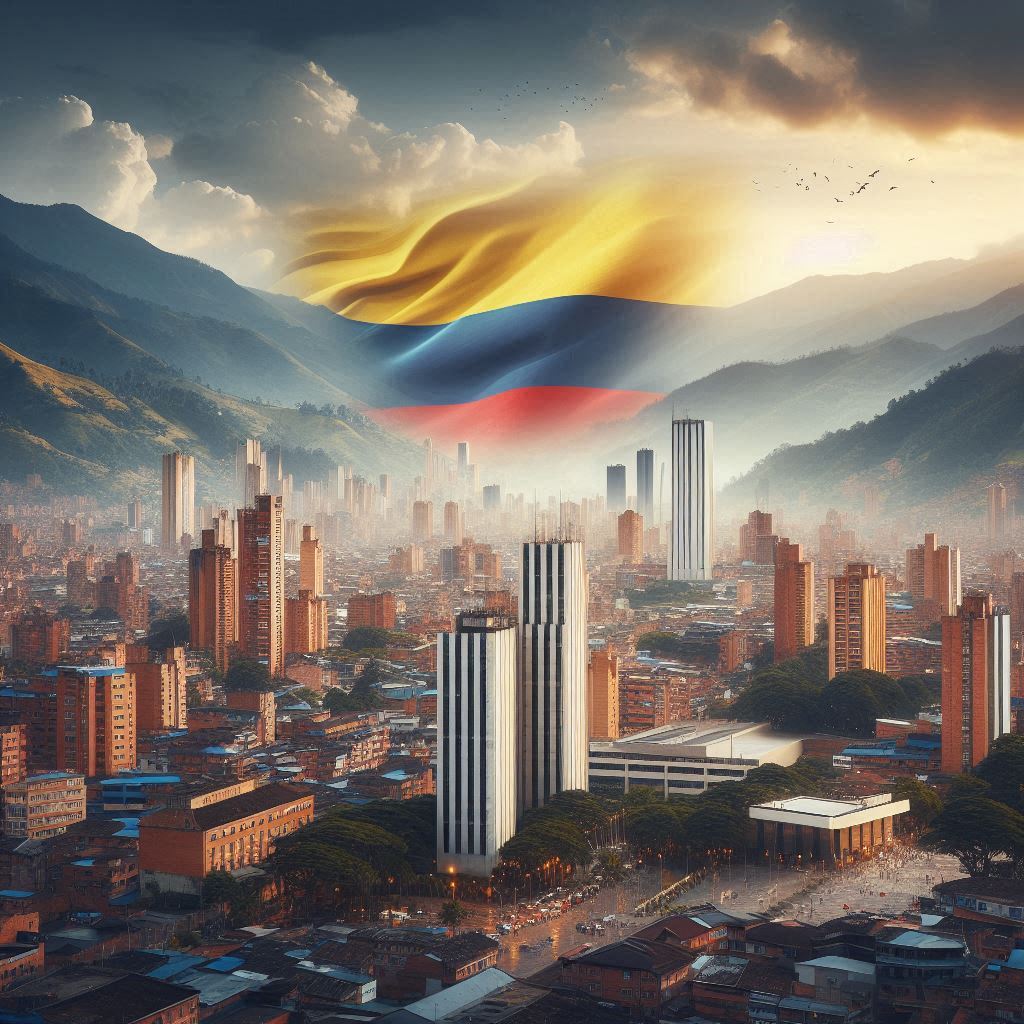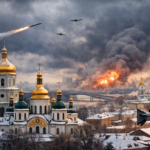
Myanmar, a nation once considered a hidden gem in Southeast Asia, has been increasingly sidelined by global travelers due to escalating violence and political instability. The country’s turbulent political landscape, following the military coup in February 2021, has severely deteriorated, with the recent resurgence of the Arakan Army (AA) adding yet another layer of danger for potential tourists. Once a destination that lured adventurers with its rich cultural heritage and breathtaking landscapes, Myanmar is now a country many are advised to avoid.
Arakan Army’s Resurgence
The Arakan Army, an ethnic armed group fighting for greater autonomy in the western Rakhine State, has seen a sharp rise in its activities in recent months. Initially formed in 2009, the group has grown in both strength and influence, becoming one of the most formidable insurgent forces in Myanmar. The AA has long been a thorn in the side of Myanmar’s military or Tatmadaw, but their operations have intensified, particularly since the military coup.
In recent months, the Arakan Army has expanded its reach, frequently clashing with the Tatmadaw across Rakhine State. This escalation has resulted in numerous casualties on both sides, including civilians caught in the crossfire. The group has also increased its control over various parts of Rakhine, establishing de facto governance in some areas. These developments have turned Rakhine into a highly volatile region, further deterring any potential tourists.
Rakhine State: From Hidden Paradise to War Zone
Rakhine State, once a beacon for travelers seeking pristine beaches and unspoiled cultural experiences, has become a no-go zone. The state’s capital, Sittwe, and the ancient city of Mrauk U, a UNESCO World Heritage site contender, are now largely off-limits due to the ongoing conflict. The Arakan Army’s presence has rendered the region unsafe, with reports of kidnappings, extortion, and landmines further solidifying its status as a high-risk area.
The situation in Rakhine is a microcosm of the broader crisis engulfing Myanmar. The military’s heavy-handed approach to quelling dissent has only fueled further unrest, with various ethnic armed groups, including the AA, stepping up their resistance. This growing conflict has led to an exodus of foreign nationals, and the once-bustling tourism sector has all but collapsed.
Tourism Industry in Tatters
The tourism industry in Myanmar, once a burgeoning sector contributing significantly to the economy, is now in freefall. Following the coup, the number of international tourists plummeted as governments around the world issued travel advisories warning against non-essential travel to the country. The ongoing conflict, human rights abuses, and the COVID-19 pandemic have only compounded the industry’s woes.
In the past, Myanmar attracted visitors with its stunning temples, scenic landscapes, and vibrant local cultures. Destinations like Bagan, with its thousands of ancient pagodas, and Inle Lake, known for its floating villages and unique leg-rowing fishermen, were must-visit spots. However, the country’s current state has made it impossible to enjoy these wonders safely.
Travel agencies and tour operators that once promoted Myanmar as a must-see destination have now removed it from their itineraries. The few tourists who do venture into the country face numerous risks, including arbitrary arrests, internet blackouts, and severe restrictions on movement. The situation has forced many in the tourism industry to seek alternative livelihoods, with hotels, restaurants, and other businesses shuttering across the country.
International Response and Outlook
The international community has largely condemned the actions of Myanmar’s military government, with various sanctions and diplomatic measures in place. However, these efforts have done little to stem the violence, and the country remains in a state of crisis. As the conflict drags on, the prospects for a return to normalcy—and by extension, a revival of the tourism sector—seem increasingly bleak.
For now, Myanmar joins the growing list of countries that were once promising tourist destinations but are now deemed too dangerous to visit. With the Arakan Army’s activities showing no signs of abating, and the overall security situation deteriorating, Myanmar is likely to remain off-limits for the foreseeable future. Tourists looking for adventure in Southeast Asia are advised to seek out safer alternatives, leaving Myanmar’s stunning yet troubled landscapes to wait for more peaceful times.









